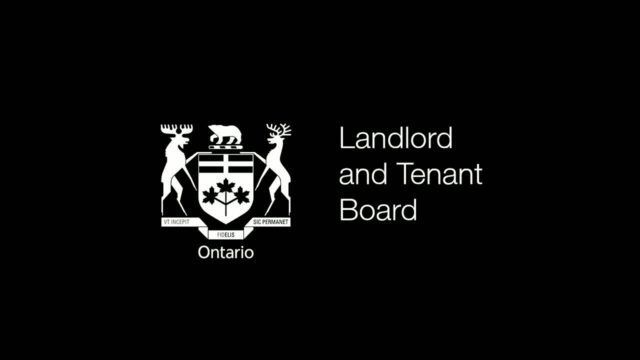Landlord and Tenant Board & Different Types of Forms for the Landlords
September 3, 2020

The Landlord and Tenant Board (LTB) is responsible for resolving disputes between landlords and tenants. When a dispute arises between the two parties, they seek the LTB’s intervention to resolve the issue and obtain a judicial order based on fact-finding. However, in most cases, the process is quite slow. It can take several months to obtain a judgment against the tenant or the landlord. The main cause for the slow process is the limited number of judges available for hearings and now, because of COVID-19, the wait time for the hearings is even longer. Before COVID-19, most of the hearings took place in-person but this epidemic has caused the LTB to change its policies. As a result, the hearings are now being held by videoconference, phone, or in writing.
To speed up the process, starting August 1, 2020, the Landlord and Tenant Board will start to do the following:
- Issue eviction orders that are pending
- Issue consent eviction orders which are based on landlord and tenants settling their disputes through an agreement
- Schedule hearings for non-urgent evictions
- Conduct non-urgent evictions hearings
Landlord’s Necessary Action: Issue a Notice of Termination:
The most important step before a landlord can apply for an eviction order is to serve a Notice of Termination. The landlord must use one of the following documents to serve a Notice of Termination:
- N4: Notice to End your Tenancy Early for Non-payment of Rent
- N5: Notice to End your Tenancy for Interfering with Others, Damage or Overcrowding
- N6: Notice to End your Tenancy for Illegal Acts or Misrepresenting Income in a Rent-Geared-to-Income Rental Unit
- N7: Notice to End your Tenancy for Causing Serious Problems in the Rental Unit or Residential Complex
- N8: Notice to End your Tenancy at the End of the Term
- N11: Agreement to End the Tenancy
- N12: Notice to End your Tenancy Because the Landlord, a Purchaser, or a Family Member Requires the Rental Unit
- N13: Notice to End your Tenancy Because the Landlord Wants to Demolish the Rental Unit, Repair it or Convert it to Another Use
The landlord needs to provide as much details as possible along with evidence to make a strong case against the tenant. It is advised for a landlord to seek professional help when dealing with tenants since the process is long and time-consuming. It is also important that the necessary form is correctly filled out and dated. Otherwise, the landlord will have to start the entire process over from square one.
For assistance with this and other property management concerns, contact ACCL Property Management.

